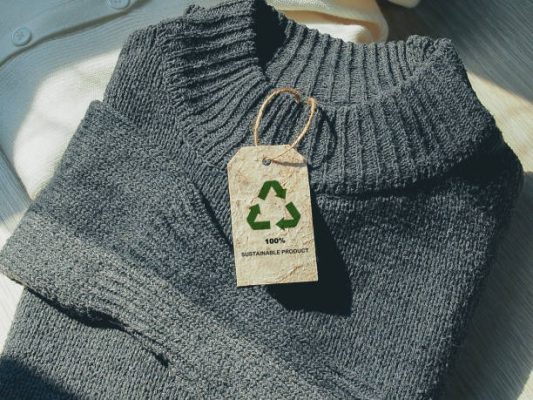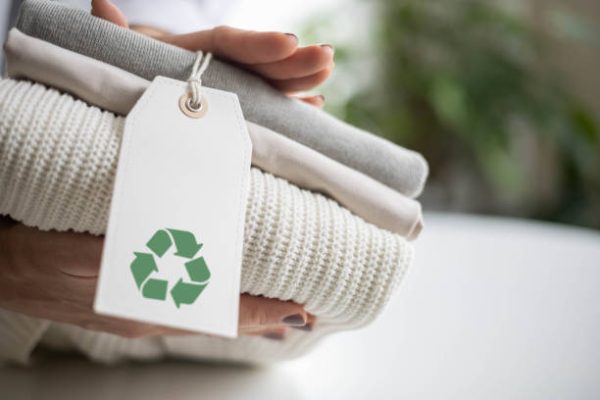In today’s world, where environmental issues are becoming more pressing, the fashion industry is significantly shifting towards sustainability. The rise of sustainable apparel is a response to traditional fashion’s negative impacts on the environment. As consumers become more aware of their choices, eco-friendly clothing is paving the way for a greener future. This blog will explore how sustainable apparel shapes the fashion industry and why it’s becoming increasingly important.
The Environmental Impact of Traditional Fashion
The traditional fashion industry is known for its significant environmental footprint. From the use of toxic chemicals in dyeing processes to the enormous amounts of water required to grow cotton, conventional clothing production has long been a contributor to pollution and resource depletion. For instance, it takes about 2,700 liters of water to produce a single cotton t-shirt. Moreover, the fast fashion model, which promotes rapid production and disposal of clothing, has led to an overwhelming amount of waste, with millions of tons of garments ending up in landfills each year.

Eco-Friendly Materials in Sustainable Apparel
Sustainable apparel aims to counter these issues by using eco-friendly materials that have a lower environmental impact. Organic cotton, for example, is grown without harmful pesticides and uses significantly less water than conventional cotton. Hemp is another sustainable material that requires minimal water and grows quickly without the need for chemical inputs. Recycled fibers, such as polyester made from plastic bottles, are also becoming popular in sustainable fashion, reducing waste and the need for virgin resources.

A great example of a brand embracing sustainable materials is Patagonia. The company uses recycled polyester in many of its products and is committed to ethical sourcing and reducing its environmental impact. This not only helps the planet but also resonates with consumers who are looking for responsible fashion choices.
Ethical Production Practices
Sustainable apparel isn’t just about the materials used; it also involves ethical production practices. This means ensuring fair labor conditions, reducing the carbon footprint of manufacturing processes, and minimizing waste. Many brands are now adopting circular fashion principles, where garments are designed to be reused, recycled, or composted at the end of their life cycle. This reduces the need for new resources and helps close the loop in the fashion industry.

Consumer Influence and Market Trends
As more people become aware of the environmental impact of their clothing choices, there is a growing demand for sustainable apparel. Social media and awareness campaigns have played a significant role in educating consumers about the benefits of eco-friendly clothing. The rise of slow fashion, which emphasizes quality over quantity, is a direct response to the negative effects of fast fashion. Consumers are now looking for clothing that lasts longer, is made from sustainable materials, and is produced ethically.

For example, the #WhoMadeMyClothes movement, started by Fashion Revolution, encourages consumers to ask brands about the origins of their clothing. This has led to greater transparency in the industry and has pushed more brands to adopt sustainable practices.
Challenges and Opportunities in Sustainable Fashion
While sustainable apparel is gaining momentum, there are still challenges to widespread adoption. One of the main barriers is the higher cost associated with eco-friendly materials and ethical production. However, as consumer demand grows, prices are likely to become more competitive. Additionally, innovations in sustainable fabric development and production methods offer exciting opportunities for the future.

The economic impact of sustainable practices is also significant. Brands that invest in sustainability are not only reducing their environmental footprint but also appealing to a growing market of eco-conscious consumers. This can lead to increased customer loyalty and long-term profitability.
Conclusion
Sustainable apparel is more than just a trend; it’s a necessary evolution in the fashion industry. By choosing eco-friendly clothing, consumers are making a positive impact on the environment and supporting ethical practices. As the demand for sustainable apparel continues to rise, the fashion industry is likely to see even more innovation and growth in this area. The future of fashion is undeniably green, and by embracing sustainable practices, we can all play a part in shaping a more sustainable world.
Sustainable apparel is not only shaping the future of fashion but also helping to create a healthier planet for generations to come. By supporting this movement, we are investing in a brighter, greener future.
About IGREEN TEX
IGREEN TEX is a provider of fashion and textile products, offering a wide range of apparel both domestically and internationally. Our commitment to quality ensures that our products not only meet the highest standards but also promote eco-friendly practices.
IGREEN TEX VIETNAM CO LTD
Address: No. 83, A4 Street, Ward 12, Tan Binh Dist, HCMC
Tax code: 0315844409
Email: info@igreentex.com
WhatsApp/Viber/Zalo: +84 938.045.900



